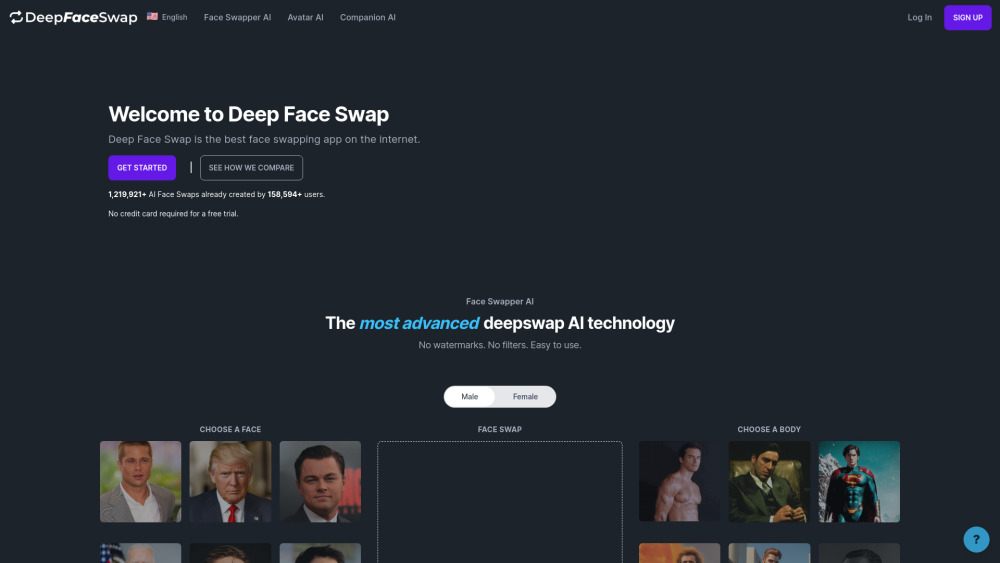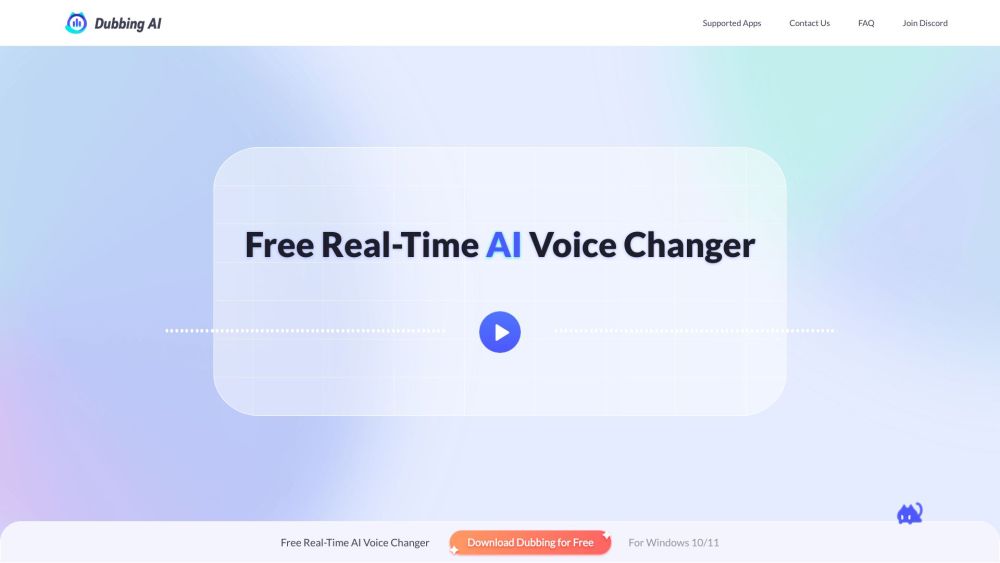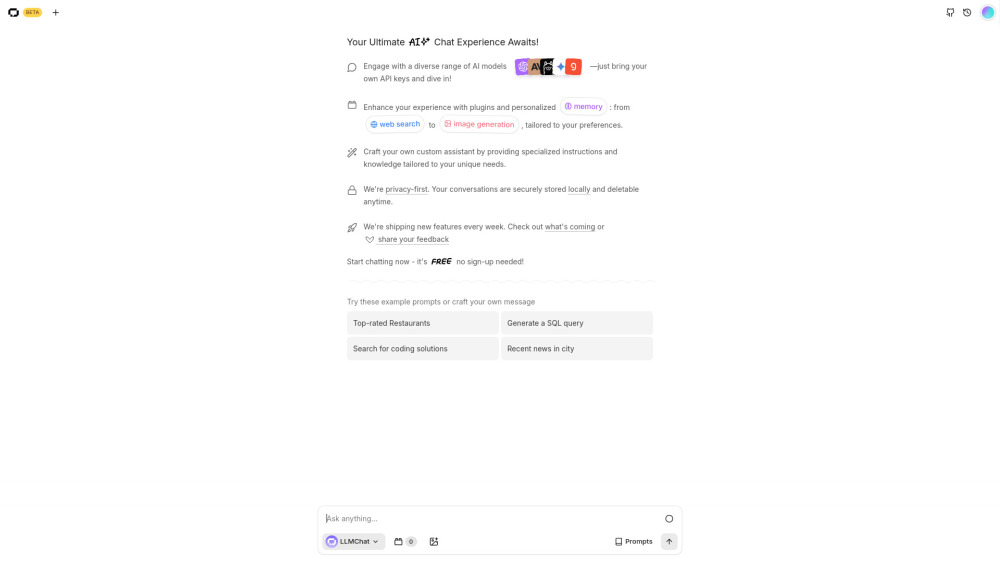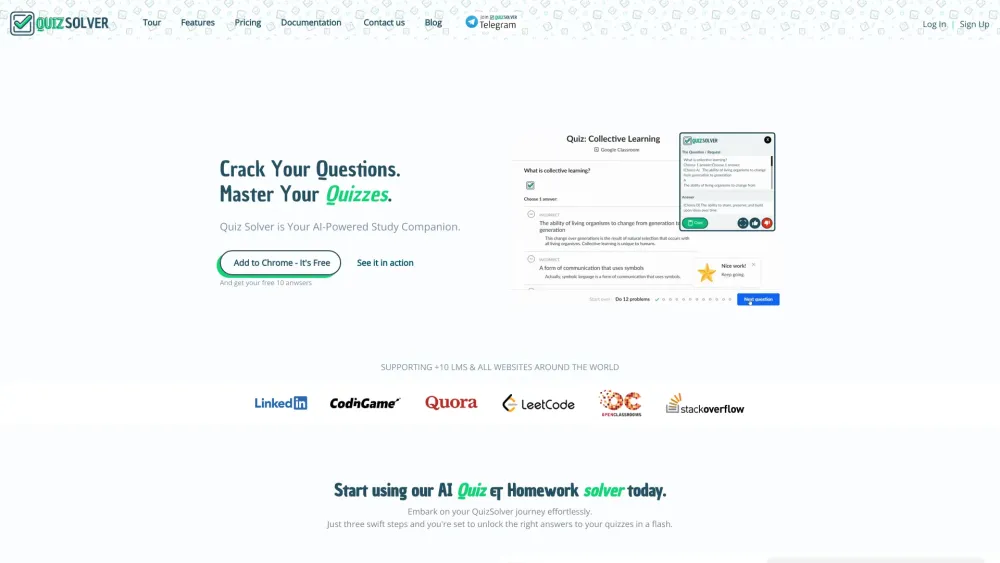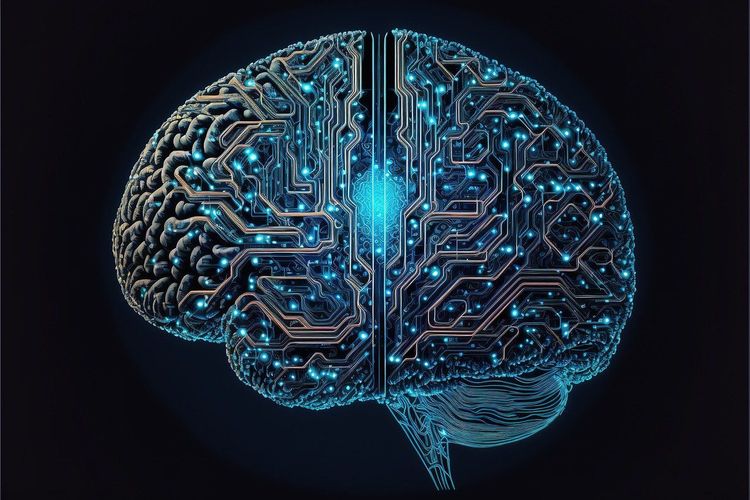Inflection AI, the startup behind the Pi AI assistant, is embracing data portability following significant organizational changes after co-founders were hired by Microsoft. The company has partnered with the Data Transfer Initiative (DTI), a non-profit collaboration formed by tech giants Apple, Meta, and Google, to empower Pi users to export their data seamlessly.
While data portability isn't novel in the tech landscape—many services allow data export and import—this development is crucial in the rapidly evolving AI sector. Inflection aims to provide users with greater control over their personal AI data, enabling them to manage their conversational histories as desired.
As Inflection AI transitions from focus on its consumer-centric Pi to enterprise-level solutions, it reassured users that Pi will remain operational for free, albeit with some limitations on message usage. "This strategic shift allows us to continue serving Pi users while reallocating resources to our upcoming enterprise offerings," the company stated in a blog post.
How Inflection AI's Data Portability Initiative Will Work
Founded in 2022, Inflection AI has aimed to create an “empathetic, useful, and safe” AI, setting itself apart from other models like those in the GPT series by emphasizing unique empathetic fine-tuning. Although its Pi Chatbot was released across various platforms, growth stalled, prompting a strategic pivot.
Following significant personnel changes in March, including Mustafa Suleyman's move to Microsoft, Inflection has decided to focus on building and optimizing generative AI models for commercial clients. The DTI partnership marks a step toward facilitating user autonomy. Users will soon be able to export their chat history with Pi into their archives or transfer it to another AI platform, while ensuring ease of use and credibility through clearly documented, plain-text formats and secure digital signatures compatible with other large language models (LLMs).
This initiative underscores Inflection AI's commitment to user choice, allowing for either continued engagement with Pi or the ability to maintain a backup of user interactions. Although Pi will remain free, users may encounter message limits similar to those seen on platforms like ChatGPT.
Will AI Data Portability Become Standard?
Despite data portability being common among many online services, its application in AI is still nascent. This is likely due to the relative youth of most AI tools and the smaller scale of data they handle compared to established services like Gmail.
However, as AI adoption rises and more individuals engage with these tools, the volume of stored interactions will increase significantly. Users dissatisfied with a service or facing potential shutdowns will increasingly require the ability to transfer their historical data to ensure continuity in their experiences.
While Inflection AI and DTI have initiated progress toward this goal, it remains uncertain whether other industry players will extend beyond basic conversation history downloads to facilitate comprehensive data portability.
Chris Riley, executive director at DTI, remarked, "Current options to download conversation histories are limited and do not equate to true end-to-end portability. Achieving that requires a cohesive, transparent framework and dedicated investment in export and import adapters."
Moving forward, DTI intends to develop import mechanisms for various generative AI tools, supporting users like those of Pi in their transitions. Riley envisions establishing a sustainable data model for portability that can be integrated into DTI’s open-source Data Transfer Project, leading to accessible and user-friendly server-to-server portability solutions.
